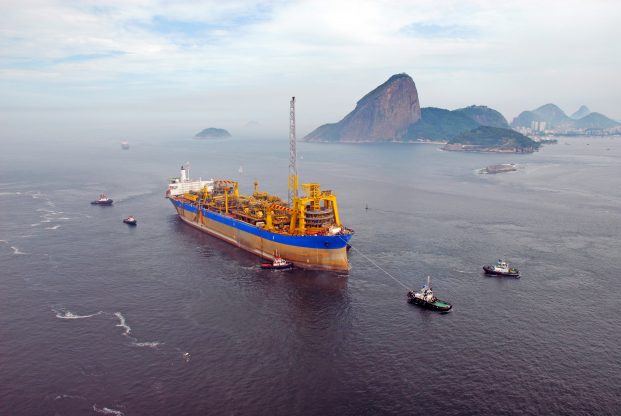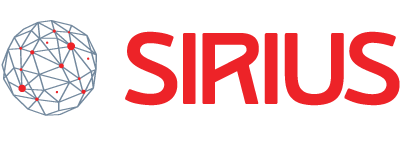Oil & Gas Digitalization: The International Perspective

In 2018 there was noticeable change in the programs of international oil & gas conferences. Finally, it seemed that the oil & gas industry had discovered the benefits of the digital age. Digitalization took the centre stage at conferences and the industry was proud and confident to speak about their digital aspirations.
A number of new players spoke at industry events. Technology giants such as Google and Amazon presented the benefits of their digital services. Many traditional oil and gas service providers had a new digital pitch. Oil and gas companies presented how digital technology and process improvements would transform their business.
All shared the hope of a digital future that could revolutionize an industry that had been suffering from low oil prices and high costs. From an industry perspective, this was a real boost and a welcome change from the past few years where the main topic of conversation was cost reduction to remain competitive in a low oil price environment.
Beyond the buzz of the international conferences, the industry is actively developing digital strategies, road maps, and plans to deliver pilot projects for all phases of the exploration and production value chain. This activity is global, with knowledge and information being spread between international locations by companies with global reach and through international research collaborations.
Governments also see the growth opportunities that the digital age can deliver to their economies. As a result, they are stimulating international research collaboration, not only as a vehicle to build competence but also as a way to create international trade opportunities.
Significant momentum has been built up in 2018. This will carry on into the future, as companies look at the success and learnings from their peers. However, like any other change process, digital transformation is meeting resistance. The present challenge for the industry is to deliver on its digital aspirations.
For many oil & gas professionals the focus on digital transformation has been overwhelming, Key individuals see digital transformation as being merely today’s hype. They see challenges for implementation with little incremental benefit. Following an extended period of staff reductions, they struggle to see how they can cope with the additional work load.
In early 2019 we still see polls of oil & gas professionals where 50% of the participants don’t know if their company makes use of big data analytics. However, this is an improvement on early 2018. What you also see within the industry is a growing group of change agents who have embraced digital transformation. These change agents will be the driving force that overcomes the resistance to change.
The digital opportunities that add value are similar for many companies across the industry. This means that replication benefits should be high. In fact, this replication is essential. We cannot create a bespoke digital project for every asset or application. Up-scaling of pilot projects must have a critical mass of replication not only within a specific company but also across the industry.
The main challenges for replication are (1) the quality of data, (2) the ability to integrate data (break down internal data silos) and (2) the commercial constraints around data and data platforms. These will be more evident as companies start to scale up their existing pilot projects or start to look at more ambitious opportunities such as full-asset digital twins. Complex digital twins in an offshore environment will require integration of subsurface, wells, sub-sea and production facility data, together with the coupling of physics-based models. To be successful, the present data landscape will need to be challenged and improved industry collaboration is essential.
Furthermore, some countries have restrictions on international data portability. Similarly, joint ventures often have legal restrictions on data sharing. This has a negative impact on cloud computing and cloud data storage and reduces the effectiveness of data analytics and international research. We need to engage with governments to loosen these portability restrictions.
Similarly, within joint ventures, partner companies need to take a global perspective and be prepared to review the restrictions within their Joint Venture Agreements. Companies need to evaluate present data restrictions with a digital transformation mind set, and decide precisely what data is essential to restrict and what can be shared with the participating partners, affiliate companies, and contractors/suppliers.
Significant additional effort is needed to deliver short to mid-term transformational gains. This will come at an additional cost and demand on critical staff within an organization. However, if we cannot deliver a high level of replication and we continue with the present restrictions on data portability and transfer there is a risk that the additional cost will be greater that the digital benefits.
Digital transformation can be made less onerous and expensive through improved collaboration between companies, who work together to provide industry data standards and Joint Venture agreements that benefit all stakeholders. There is also a role for international industry representative bodies to engage with host governments with data portability restrictions and explain in detail the benefits of data portability. SIRIUS provides a forum for technical collaboration that can be used to develop these standards and enable effective data access.
We are living in exciting times, let’s work together to deliver the oil and gas industries digital aspirations.


